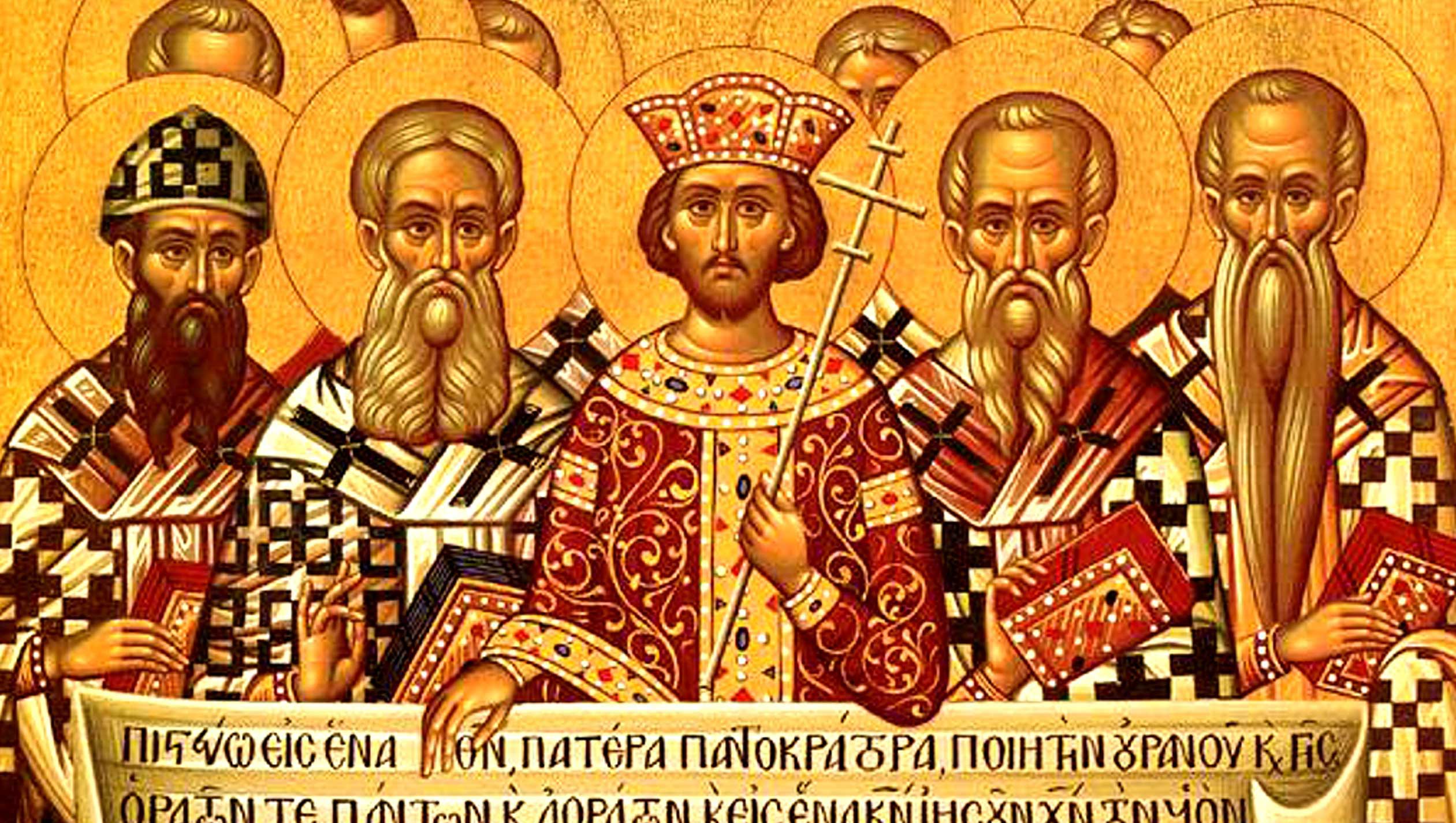The Council of Nicaea: 1700th Anniversary Conference
12th September at 6:30 pm
Details
Blackburn Cathedral, in partnership with Churches Together, is honoured to host an Ecumenical conference to celebrate the 1700th anniversary of the Council of Nicaea
The event brings together theologians, ecumenical leaders and local participants to engage in meaningful conversations about unity, respectful disagreement and how faith communities can respond to conflict in the world today.
The conference will explore how the principles of honest disagreement and loving engagement can help address the challenges we face – with both passion and compassion – and reflect on the enduring legacy of Nicaea.
For full conference programme details including schedules, guest speakers and seminar topics, please click here.


